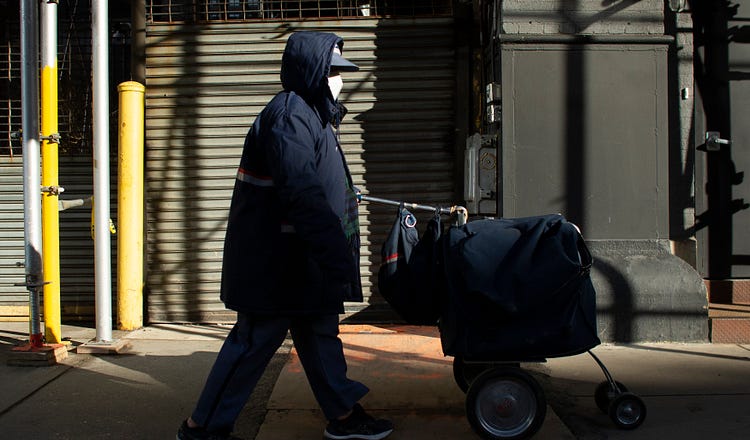Tim Scott: Biden’s Student Debt Plan Is an Appalling Burden on the Poor

(Getty Images)
You can’t cancel debt. Someone always has to pay. And I know exactly who will: Workers just like my mom.
13
Depending on your politics, last week President Joe Biden transformed the lives of millions of young Americans saddled with college debt—giving them a chance to pay down their student loans, buy homes, and, one day, send their own kids to college. Or, last week President Biden saddled a new group—this one not so upwardly mobile—with a much higher tax bi…
Continue Reading The Free Press
To support our journalism, and unlock all of our investigative stories and provocative commentary about the world as it actually is, subscribe below.
$8.33/month
Billed as $100 yearly
$10/month
Billed as $10 monthly
Already have an account?
Sign In


